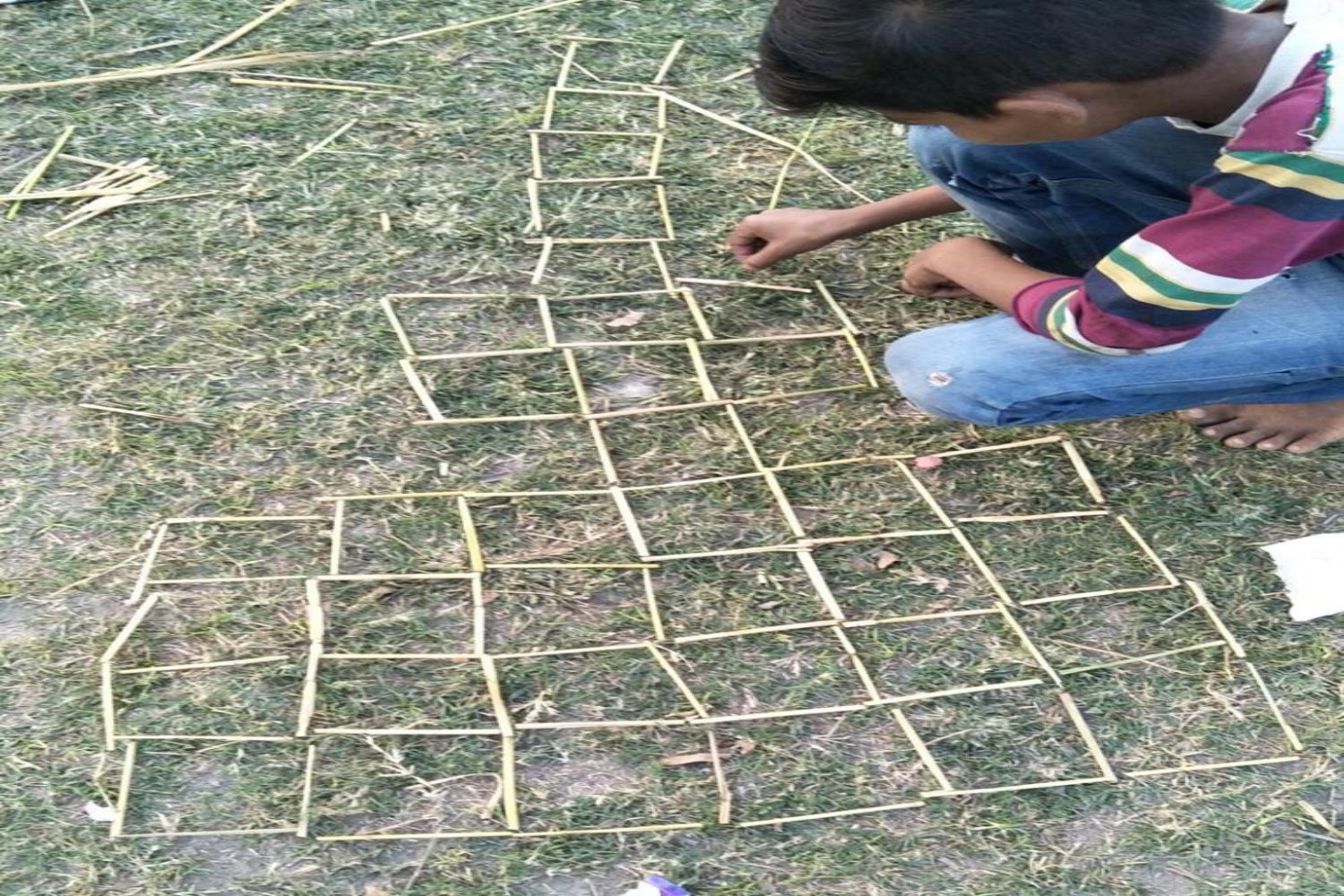The promise of citizen science
This issue of Samuhik Pahal focuses on the theme of citizen science. Its articles focus on how the process of democratization of science can help us in developing a scientific temper.

Modern Science as we know it today, emerged as an organized, programmatic, institutional phenomenon only in the last 150 years from an earlier, diffuse phase of individual explorations by gentleman scientists in Europe. In this transformation, the scientific paradigm explored many deep questions that ranged from the origins of the universe with telescopes in remote parts of the world, life in the deepest part of the oceans using submersibles, the smallest particles that make up atoms using giant particle colliders and the oldest rocks using microscopes and radioactive clocks. Institutional science allowed the space and funds for focused studies of this kind.
As the 20th century drew to a close, certain problems of scale emerged that boggled the most creative scientific minds. They started asking that if only throwing increasing amounts of money, technological and people resources could tackle the problem.
These involves problems like mapping all the innumerable space objects in the solar system and its neighborhood, observing the impact of climate change on plants simultaneously across different bioclimates of the world, and documenting the distribution and abundance of birds in different parts of the earth.
In each of these areas of interest to the scientists were amateur communities of astronomers, plant enthusiasts and birdwatchers, who had specific and deep interests in observing and documenting areas of their interests in many ways. The scientists seized the opportunity presented by this diffuse but committed network of volunteers and roped them into formal scientific endeavours.

They co-created frameworks of data gathering and reporting, quality control, data analysis and sharing with the amateur groups. In the process, over a period of time, emerged the phenomenon of ‘citizen science’.
Citizen science is an approach to research that partially delinks it from an institutional location. It widens it to a much larger community of participation by interested citizens across the globe. The problems addressed by this phenomenon are typically ones of scale that would have otherwise required heavy resource mobilization and infrastructure creation.
The power of citizen science lies in the amalgam of individual motivation to learn and participate in individual and group activities with a wider intent of generating quality scientific data at scale. As time has progressed, citizen science has begun spreading its wings to include people from non-mainstream backgrounds in rural areas and children in schools and community spaces. These groups participate in data generation, and sometimes even in analysis and publication.
Science, in this manner, has evolved to have participatory, community-oriented spaces of exploring natural phenomena. This has the potential to transform the manner in which science is perceived and experienced in an increasingly fractured world, where suspicion of the scientific endeavour has increased in the last decade. It remains to be seen if the support for scientific enquiry and a constitutional commitment to scientific temper can be supported with strength by the citizen science movement.

Schools, colleges, libraries and community learning spaces can all participate in the citizen science movement. This has been repeatedly demonstrated by several examples from across the world, including India.
The opportunity here is to make science a widely accepted way of looking at the world, which uses an evidence-based investigative process. There is also a potential for participants in citizen science projects and spaces to understand science as one of many, and valid, ways of understanding the world around us.
Citizen science has the potential to impact real problems like climate change that are in the forefront of global natural, social, economic and cultural upheaval today and in the decades to come. In our work with children, citizen science has a way to arrive at exploring a consensus on our future as a planet.




No approved comments yet. Be the first to comment!